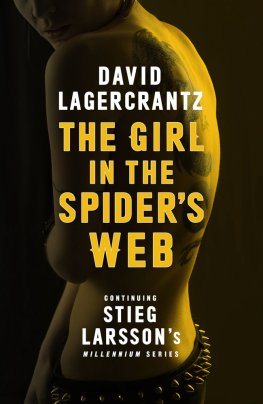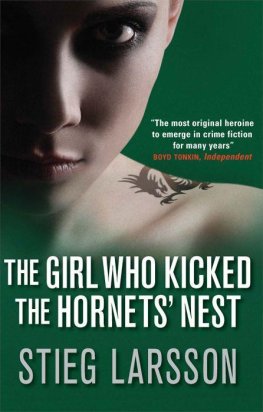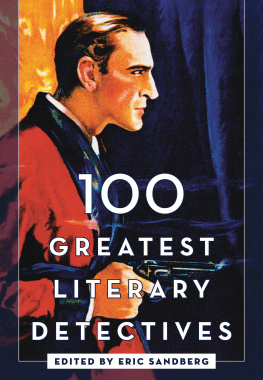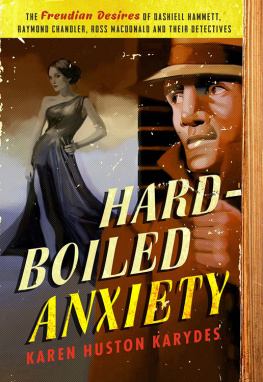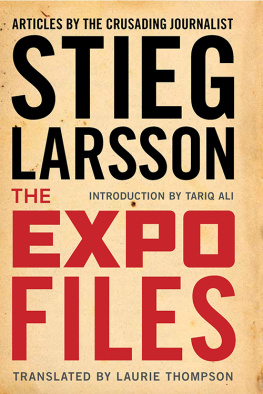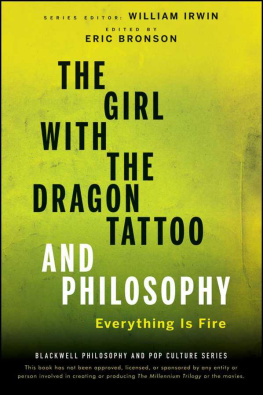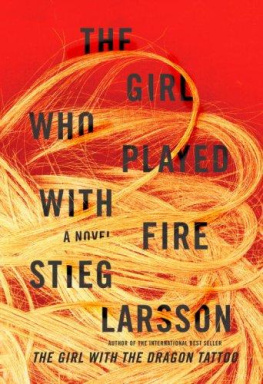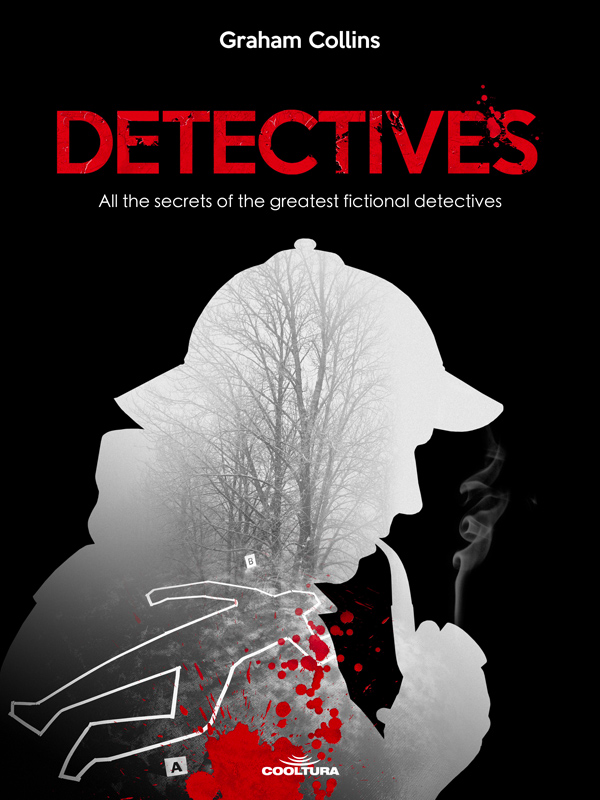Introduction
Biographies, fan clubs, tours through their homes or the places they used to visit They are not film or music stars, but fictional detectives who have as many fans as flesh and blood stars.
Edgar Allan Poe created the first fictional detective, Auguste Dupin, in 1841 in the United States, but he was French. He became famous for having solved the Murders in the Rue Morgue, among others. The figure of the detective then crossed the Atlantic Sea, giving way to the creation of the school of detective fiction in Britain, fueled by Sherlock Holmes, created by Sir Arthur Conan Doyle, and Hrcules Poirot and Miss Marple, both created by Agatha Christie. These detectives were characterized by being exceptionally knowledgeable and having brilliant empiric observation and deduction skills. Elderly Miss Marple also adds her feminine intuition and knowledge of the world. In classic detective fiction, the plot revolves around who committed the crime and how. In these types of novels, logic and science are usually contrasted with superstitions and the supernatural.
When North Americans took up the detective genre in 1930 and 1940 and created hard-boiled detective fiction, they introduced a darker type of detective with marginal and complex characters. They showed us that in addition to their cases, the detectives themselves were interesting; they had a history, feelings and moral values. Often fond of drinking and linked to the underworld, these marginal and contradictory characters broke down the classical model and added new variables to the plots, such as conflicts related to social classes and corruption. The greatest detectives belonging to this genre are Sam Spade, created by Dashiell Hammett, Philip Marlowe, by Raymond Chandler and LewArcher, by Ross MacDonald.
The genre experienced a decline in the 50s and 60s, but it reemerged after the 60s with popular detectives such as Spencer, created by Robert Parker. The detective genre has continued growing ever since. In the humorous branch of the genre Inspector Clouseau stands out, from The Pink Panther series, as a sort of anti-detective who succeeds by sheer coincidence, and has influenced characters such as Inspector Gadget, among others. Modern detectives usually transmit the realities of their countries and show how the genre has evolved along with the changes that have taken place in the world. Some of them are Cao, in China, Kayankaya, in Germany, Conde, in Cuba, and Jaritos, in Greece, just to name a few. Furthermore, the 21st century has brought us the first transgendered detective in history, from Turkey (Veral). In more recent years, the Swedish detective novel has boomed (led by the Millennium trilogy and the Wallander series), and at times when the TV series prevail, there was a boom in series belonging to this genre, many of them being tremendously successful.
This list of the 50 greatest fictional detectives is, as any other list, arbitrary. It mostly includes literary detectives, with the addition of some others from cartoons (such as Dick Tracy, Rip Kirby and Detective Conan), films (Clouseau) and TV series (McNulty, Gibson, Luther, etc.) Some of them are amateur detectives and have other occupations in their daily lives (such as Dupin, Malaussene, and Veral); others are inspectors (Morse, Wallander, and Hansichi), forensic examiners (Scarpetta and Quincy) and private detectives, and many have a license in their respective countries (Spade, Magnum, and Carvalho). The list is organized chronologically, taking into account the year each detective appeared in a book or film for the very first time.
So, grab your magnifying glass, pour yourself a glass of whiskey, and follow the clues that will lead you to discover the secrets of the 50 greatest fictional detectives!
- 1
1841, C. Auguste Dupin
Author: Edgar Allan Poe (1809-1849)
The Murders in the Rue Morgue, The Mystery of Marie Rogt and The Purloined Letter.
With only three stories, Dupin influenced writers all over the world and promoted the creation and development of one of the most widespread genres. Dupin is considered the first fictional detective in history and The Murders in the Rue Morgue the first detective fiction story. The plot revolves around the brutal murder of a woman and her daughter. Dupin gathers information regarding the voices and screams the neighbors heard and, after finding hair and discovering some cuts on one of the womens neck, he manages to solve the mystery. Auguste Dupin lives with the narrator in a ruined mansion in Paris; he investigates for a hobby and collaborates with the police in the three cases. His method relies on observation and deduction, and he applies the knowledge he gets from reading books and newspapers. Besides this, he reads the minds of those surrounding him (including the narrator) and seeks to discover their reasoning by tracing their thoughts.
- 2
1887, Sherlock Holmes
Author: Sir Arthur Conan Doyle (1859-1930)
A Study in Scarlet, The Sign of the Four, The Hound of the Baskervilles, among other stories.
Holmes is probably the most popular and influential fictional detective of all times. Tall and thin, possessing knowledge of chemistry, handwriting analysis and botany, this London-based detective is bohemian and unkempt in his lifestyle, but extremely neat in his investigations. His method combines deduction and rational analysis, relying on his vast knowledge and attentive observation. He usually studies the crime scenes using a measuring tape and a magnifying glass. On some occasions, Sherlock uses disguises to go unnoticed or enter certain places; on other occasions, he adopts the perspective and reasoning of others to try to act like them. Watson is his roommate and assistant, a sensitive and generous physician who narrates the stories. Sherlock lives at the iconic 221B Baker Street, follows a light diet and plays the violin. He usually carries guns and uses them on certain occasions, as well as engaging in fencing or hand-to-hand combats. In the absence of stimulating cases to solve, and despite Watsons disapproval, Sherlock injects cocaine or morphine. He is usually cold in his personal relationships, has no friends apart from Watson, and is extremely wary of women (only in A Scandal in Bohemia does he fall for Irene Adler, a retired opera singer and the former mistress of the Crown Prince of Bohemia).
- 3
1907, Joseph Josphin, Rouletabille
Author: Gaston Leroux (1868-1927 )
The Mystery of the Yellow Room, The Perfume of the Lady in Black, Rouletabille and the Czar, among other novels.
Rouletabille is an 18-year-old journalist, working for the Paris newspaper L poque, whose detective abilities lead him to solve the most varied crimes. The narrator is Santclaire, a young lawyer friend of Rouletabille (his nickname means roulette head, given his round head). This detective is a helpful, smart and kind young man who, unlike Sherlock, distrusts his instincts: he believes his observation may be deceiving, so he bases his decisions mostly on logic and reasoning. In The Mystery of the Yellow Room , someone has tried to murder a professors daughter in a locked room with a barred window. This was one of the first novels belonging to the locked room subgenre.
- 4
1911, Father Brown
Author: G. K. Chesterton (1874-1936)
The Innocence of Father Brown, The Wisdom of Father Brown, The Incredulity of Father Brown, The Secret of Father Brown and The Scandal of Father Brown.


